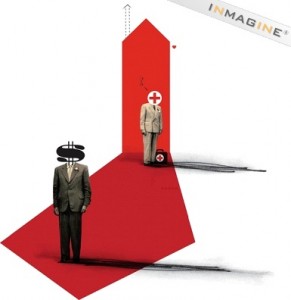The OD Practitioner
The role of the is varied and dynamic. Descriptions include; helper, advisor, sounding board, navigator, coach, facilitator, designer, developer, leader, consultant, expert, partner, problem solver, diagnostician, process specialist and collaborator. These roles can be practiced as an employee within the organisation or as an external consultant.
Whatever descriptor is used to describe the role, the truth is the OD practitioner role is varied and purposed with helping clients to improve the effectiveness of their organisation developing both business processes and people processes within the context of the organisation.
OD practitioners are by their very practice humanistic and that makes their practice relational based, and puts the OD practitioner at the centre of change and development efforts; using ‘self’ as an instrument to drive change and help the organisation develop through each of the phases of the OD cycle; Diagnostic, Intervention and Evaluation.
The OD practitioner is responsible for bringing their whole self to the task in hand, and build their reputation as a trusted advisor with their clients. Not only must the practitioner be an advocate of development, but must focus on continuously improving and developing their own learning and understanding of their practice.
To find out more about becoming an OD practitioner follow this link.
Key Competences of an OD Practitioner
- Theoretical and Technical expertise which can be applied
- Influencing Skills
- Spot and energise engagement in others
- Innovative, Creative and Critical thinking
- Ability to tackle difficulties and problems with positivity
- Self-Confident
- Credible communicators
- Interpersonal and Facilitation skills, with an ability to ‘stand back’
- Emotionally Tuned in
- Ethical, value driven and acts with integrity
Core Values
Underlying Organizational Development are humanistic values. Margulies and Raia (1972) articulated the humanistic values of OD as follows:
- Providing opportunities for people to function as human beings rather than as resources in the productive process.
- Providing opportunities for each organization member, as well as for the organization itself, to develop to his full potential.
- Seeking to increase the effectiveness of the organization in terms of all of its goals.
- Attempting to create an environment in which it is possible to find exciting and challenging work.
- Providing opportunities for people in organizations to influence the way in which they relate to work, the organization, and the environment.
- Treating each human being as a person with a complex set of needs, all of which are important in his work and in his life.


